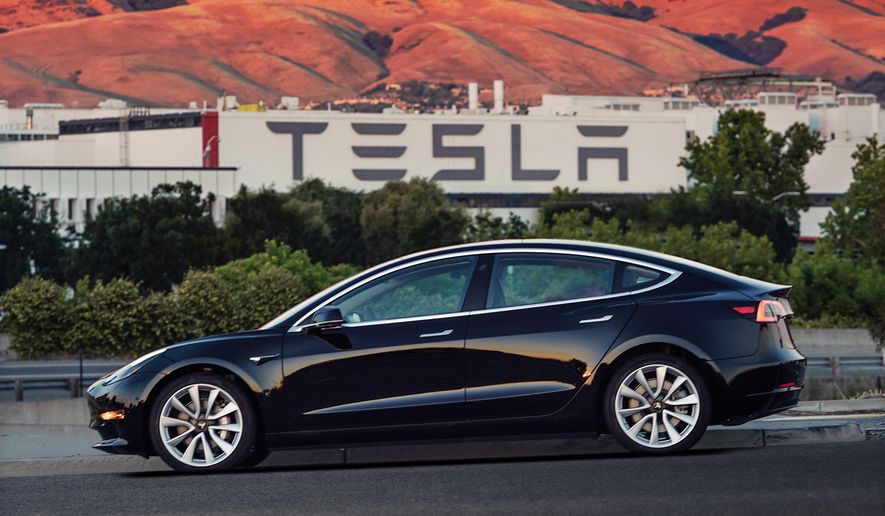Even as they’re locked in a bitter, high-stakes battle over the federal Renewable Fuel Standard, the ethanol and oil industries each say they need to put aside differences and work together to prepare for an existential threat to both of their futures: electric cars.
The vehicles, which have surged in popularity because of government incentives and federal emissions limits that force automakers to produce cleaner products, remain a relatively small part of the larger marketplace. While it’s expected to be decades before they become as commonplace as gas-powered cars, electric vehicles, or EVs, still represent a game changer for the U.S. economy as a whole and specifically for the liquid-fuels sector that could see itself gradually elbowed out of the equation.
The oil and ethanol sectors — which have been at odds since the Renewable Fuel Standard in 2007 forced the blending of increasing amounts of ethanol with gasoline each year — say they recognize the challenge electric cars pose. But the two sides are as divided as they’ve ever been, as the debate of federal ethanol policy has hit a fever pitch in Washington and across the country. Whether they’re able to work together to develop a long-term plan to deal with EVs is an open question.
“I still believe dialogue is preferable to dysfunction,” Bob Dinneen, president of the Renewable Fuels Association, the ethanol sector’s largest trade group, said in a speech last week. “If liquid transportation fuels don’t find a pathway to mutual growth, electric vehicles will increasingly displace us both, and the consumer will miss out on the economic, convenience and environmental benefits our fuel offers every day. But the conversation must be about the future, and must include opportunities to throw the renewable fuel market beyond the RFS, not how to limit the RFS.”
For now, however, the conversation Mr. Dinneen says he wants seems almost out of reach as both sides hunker down.
Pro-oil forces, led by Texas Sen. Ted Cruz, a Republican, are pushing hard for radical changes to the RFS. They say the program is leading to financial ruin for oil refineries, and point to the recent bankruptcy of Philadelphia Energy Solutions, a leading East Coast refinery, as proof.
The company blamed the RFS for its financial woes, specifically citing the ethanol credits known as renewable identification numbers, or RINs, that refineries must buy if they don’t have the capability to blend ethanol themselves.
Mr. Cruz and his allies in the oil-and-gas industry want to see that system overhauled. Major changes would be a serious defeat for the ethanol sector, as it would stand to lose a great deal of market share if the government reduces the amount that must be blended each year.
The fight over the RFS has the oil and ethanol industries at odds like never before. At the same time, the bigger-picture issue of EVs will force them to work together over the long term.
“There’s a long way to go for electric vehicles to make up a significant part of our transportation portfolio,” said Frank Macchiarola, downstream group director at the American Petroleum Institute. “Having said that, anything that takes away from market share in the transportation space from liquid fuels is something that should be paid attention to. And to the extent there’s some common interest in both the ethanol industry and the oil-and-gas industry, I think that’s something both groups are focused on.”
“I certainly think we’re capable” of finding common ground and working together, he added.
Data show that Mr. Macchiarola is undoubtedly right in saying the widespread use of EVs on American roadways is years away. The auto industry sold about 17 million vehicles in 2017, and of those, roughly 200,000 were electric.
But that was by far the most EVs ever sold in one year. The figure has steadily climbed upward each year, from 115,000 in 2015 to 157,000 in 2016 before hitting last year’s record number, according to data from ev-volumes.com, which tracks the EV industry.
Analysts project that EV sales could reach as high as 400,000 this year as companies such as Tesla begin to roll out lower-cost options.
• Ben Wolfgang can be reached at bwolfgang@washingtontimes.com.




Please read our comment policy before commenting.